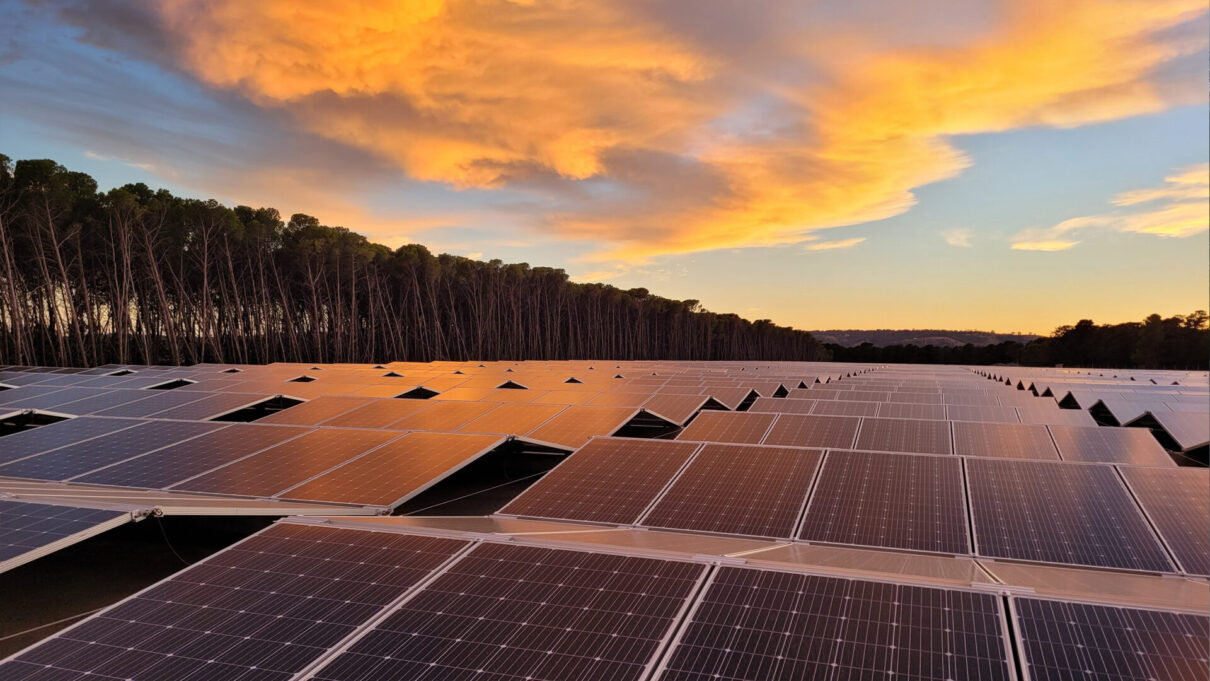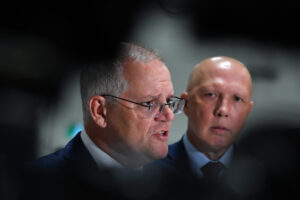Australia is already an energy superpower, but our governments have lacked the courage to use that power to reduce greenhouse gas emissions
As the Australian Government continues to pursue policies notionally designed to reduce our greenhouse gas emissions, a great store has been placed in Australia becoming a “renewable energy superpower”. However as Labour Market and Fiscal Policy Director, Greg Jericho, notes in his Guardian Australia column, Australia already is an energy superpower. But we fail to use that power for good.
Australia is either the world’s largest or second-largest exporter of metallurgical coal, thermal coal and LNG. And yet we have not sought to use this power to pursue policies that would reduce demand for fossil fuels and transition the world towards renewable energy. Instead, we placate mining companies and give no timeline to end coal and gas use. We continue to approve new coal mines and fail to insert a climate-change trigger into environment protection legislation that determines whether new mines can be approved.
Given September this year was the hottest September on record, after August this year being the hottest August on record, July this year being the hottest July on record and June this year being the hottest June on record, the time for action that reduces Australia’s and the world’s emissions is urgent and critical.
Climate change is one area where Australia can legitimately take a leading role in global affairs, our power as an energy producer and supplier of fossil fuels which continue to exacerbate climate change demands we show this leadership.
For too long Australian governments have cowered before mining companies, now it’s the time to realise we have the minerals they want now and in the future when renewable energy becomes the dominant power and thus we can dictate terms.
Leadership requires the grasping of power and using it for good.
You might also like
Ensuring workers’ safety in the climate crisis
As I watched the fires in Los Angeles unfold in January this year, my mind of course reflected on the 1999-2000 Black Summer bushfires in Australia. Both these seasons have wrought significant damage to humans and other animals, and to land, infrastructure and property. There has been a huge personal, collective and financial toll involved.
Dutton’s nuclear push will cost renewable jobs
Dutton’s nuclear push will cost renewable jobs As Australia’s federal election campaign has finally begun, opposition leader Peter Dutton’s proposal to spend hundreds of billions in public money to build seven nuclear power plants across the country has been carefully scrutinized. The technological unfeasibility, staggering cost, and scant detail of the Coalition’s nuclear proposal have
Reversing years of lost power: the real reason behind Australia’s dismal wage growth
New research has revealed that real wages have been held back in Australia in recent decades because workers’ power to negotiate has been persistently and consistently eaten away.




